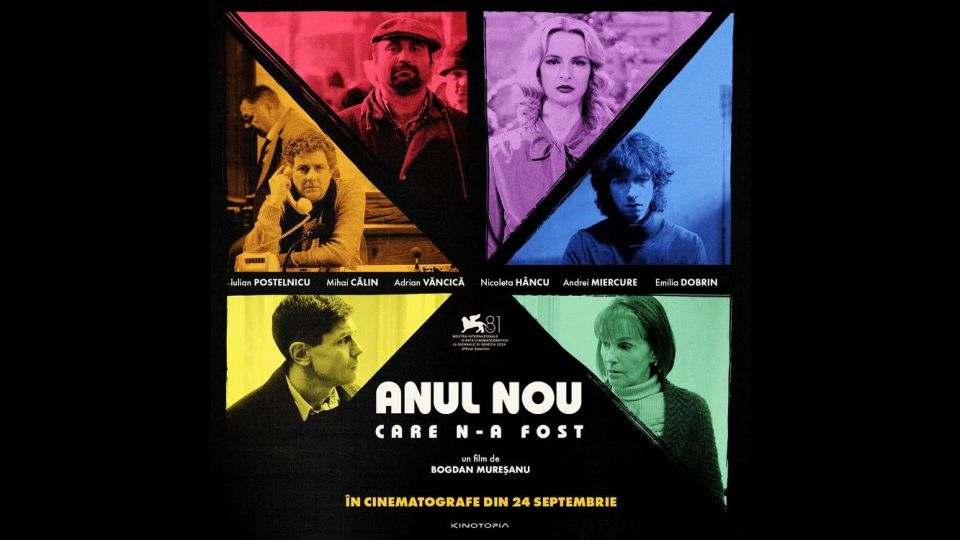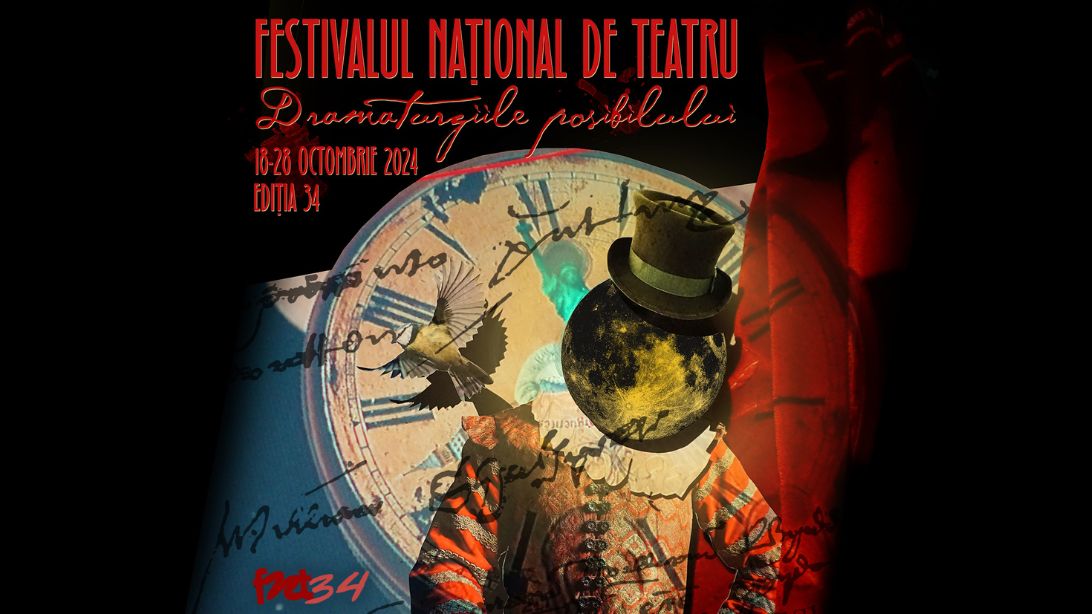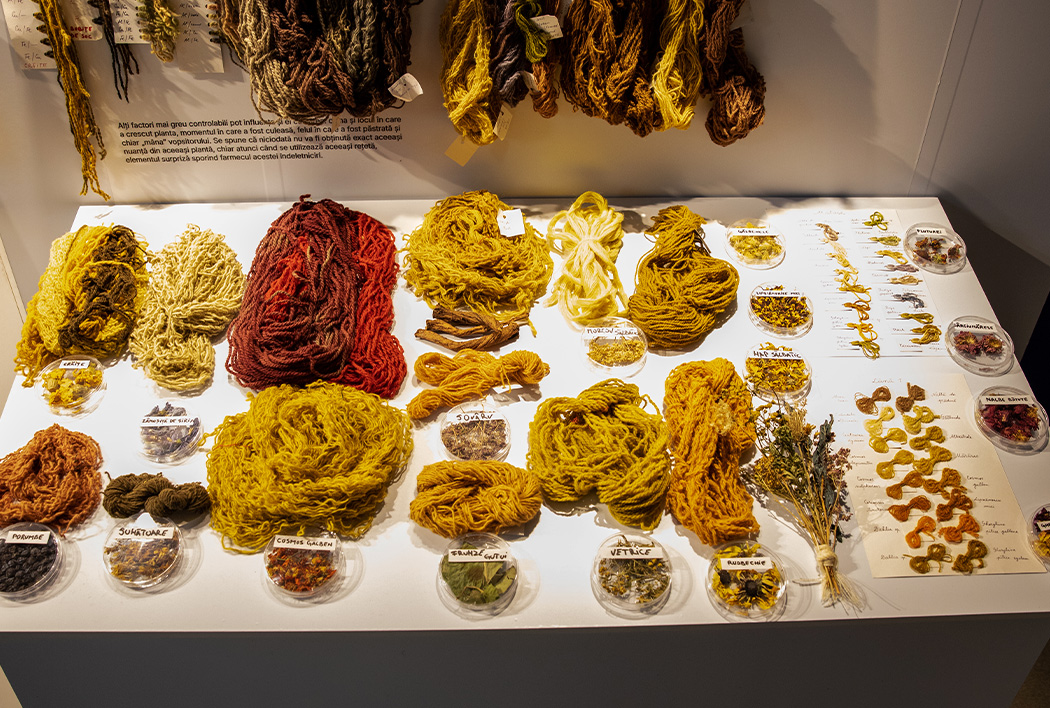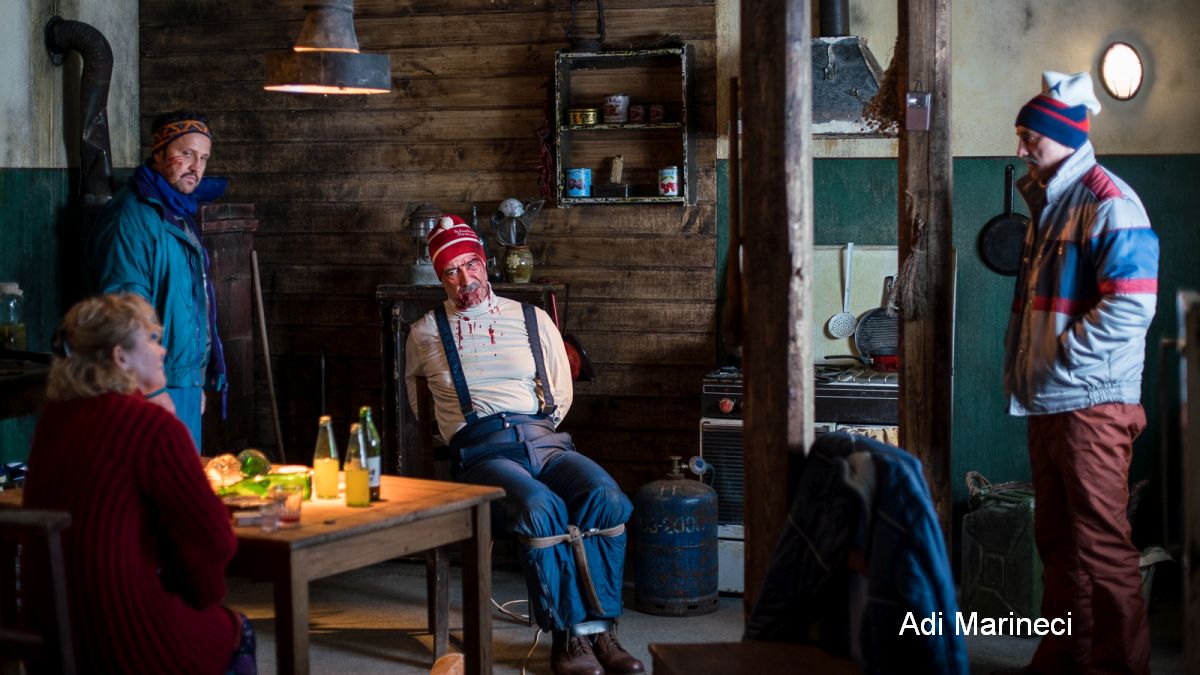One World Romania Documentary and Human Rights Festival
Over March 15-24, Bucharest is hosting the 12th One World Romania Documentary and Human Rights Festival
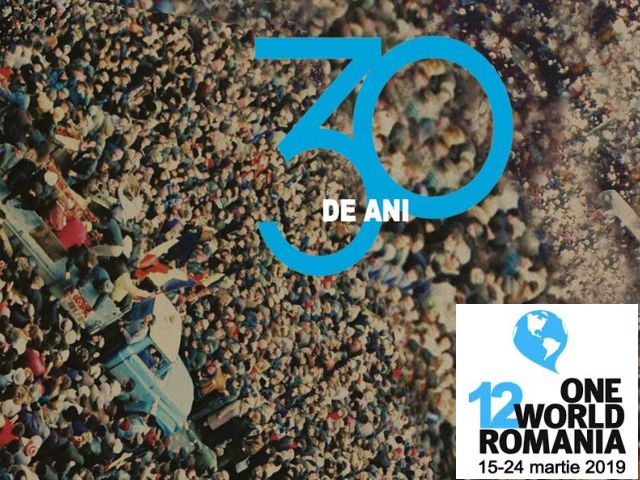
Corina Sabău, 23.03.2019, 14:06
Over March 15-24, Bucharest is hosting
the 12th One World Romania Documentary and Human Rights Festival.
This year the festival celebrates 30 years since the Romanian Revolution and
since the fall of the Berlin Wall, as well as since the first free elections in
Czechoslovakia and Poland. The participating films deal with such themes as
totalitarianism, post-socialism and transition to democracy. Some 80 films
selected for this year’s edition are divided into several thematic sections,
complementing the main theme. Films from all over the world dwell on issues such
as justice, refugees, migrants, non-traditional families, women’s rights, the
rights of disabled people or working conditions.
Also this year, the One World
Romania Documentary and Human Rights Festival has a retrospective section
featuring worldwide known cinema makers like the Australian Ruth Beckermann, the
Israeli Avi Mograbi and the Palestinian Michel Khleifi. The three documentary
makers will have discussions with the audience at the end of each screening,
focusing on the themes of their films and their social and historical impact.
The French film director Vanina Vignal, who had selected the films of the
festival jointly with the Romanian critic Andrei Rus told us about the film
opening the festival:
It
is a film by the Chinese director Wan Bing, actually his latest documentary, Dead
Souls , which lasts eight and a half hours. Wang Bing has made another film
dealing with the repression ordered by Mao Zedong in China in the 1950s, when
those considered to be ‘rightists’, mainly youths and teachers, dubbed ‘intellectuals’,
were thrown in jail. Most of them died in the re-education centres in the
Gobi desert, which turned out to be real death camps. The film makes us recall
the situation in Romania in the 1950s, after the instatement of the Stalinist
regime headed by Gheorghe Gheorghiu-Dej, who would send class enemies to work
at the Danube-Black Sea Canal. I’ve chosen this film to open the festival
thinking that, as a rule, opening films are rather low-key films meant to
delight the audience and not the real film goers. So, thinking about my experience
as a spectator, I avoid such opening films. Also, I remember that at the screening
of one of my documentaries in France, a 90-year old peasant who hadn’t seen too
many films in his life, told me he had been moved by my film and had understood
it perfectly. And then I realized people are very intelligent and it would be
too bad to underestimate them and not give them the opportunity to watch intelligent
films.
11 documentary projects made in Romania in the past 2 years will
be presented at the One World Romania Documentary and Human Rights Film
festival. Adina Pintilie’s film ‘Touch Me Not’, which last year won the Berlin
Festival’s Golden Bear award, will be launched officially in Romanian film
theatres as part of the One World Romania festival. The launch will be
accompanied by a series of special events related to this unconventional film,
which is set on the fluid border between reality and fiction, which invited
viewers to question their own preconceived ideas about intimacy, sexuality and the
human body. The festival will also occasion the screening of a fragment from
the movie Andrei Ujică is currently working on, entitled ‘Things We Said
Today’. Ujică’s project is a reenactment of the weekend of August 13th
to 15th in New York, when The Beatles gave their first concert on
Shea Stadium, while Los Angeles was the stage for riots in the Watts
neighborhood.
This year’s edition of the festival also presents projects of
debutant directors. One such director is Victor Bulat who came with the project
‘Our Home’, which tells the story of a family from Balti, the Republic of
Moldova. Victor Bulat:
I started practicing by filming people in various
contexts, because at the National University of Theater and Film we had such
practice as an assignment. This kind of filming we called ‘observational’.
That’s how I came to film at home, because it came in handy, I did not risk
being rebuked by anyone who saw me carrying a camera. I filmed for 2 years, and
this movie, on which I am still working, is made of materials that I shot
during the 2016-2017 winter holiday. After watching the materials again, I
realized I could make something out of them, so I started editing and looking
for a structure. In this film, what I considered essential was the reaction of
the family, so I asked them if they agreed to my sharing what I had filmed with
others as well, to my sending to festivals what I had filmed. They agreed, but
kept asking me what was so interesting about their case. I have recently spoken
to my older sister who also features in the documentary. And she remembered how
she was making fun of me when I was filming. Now she said she enjoyed seeing
the movie, with all the moments I got on camera.
The events included in the festival will take place in 5 main
locations: Elvira Popescu movie theater at the French Institute, Bucharest
Cultural Centre ARCUB, Eforie movie theater, POINT and #Pavilion 32 at the
Goethe Institute in Bucharest. POINT will be the main location for the informal
morning meetings with the filmmakers, the debates on the festival’s main theme,
and other workshops and screenings.

